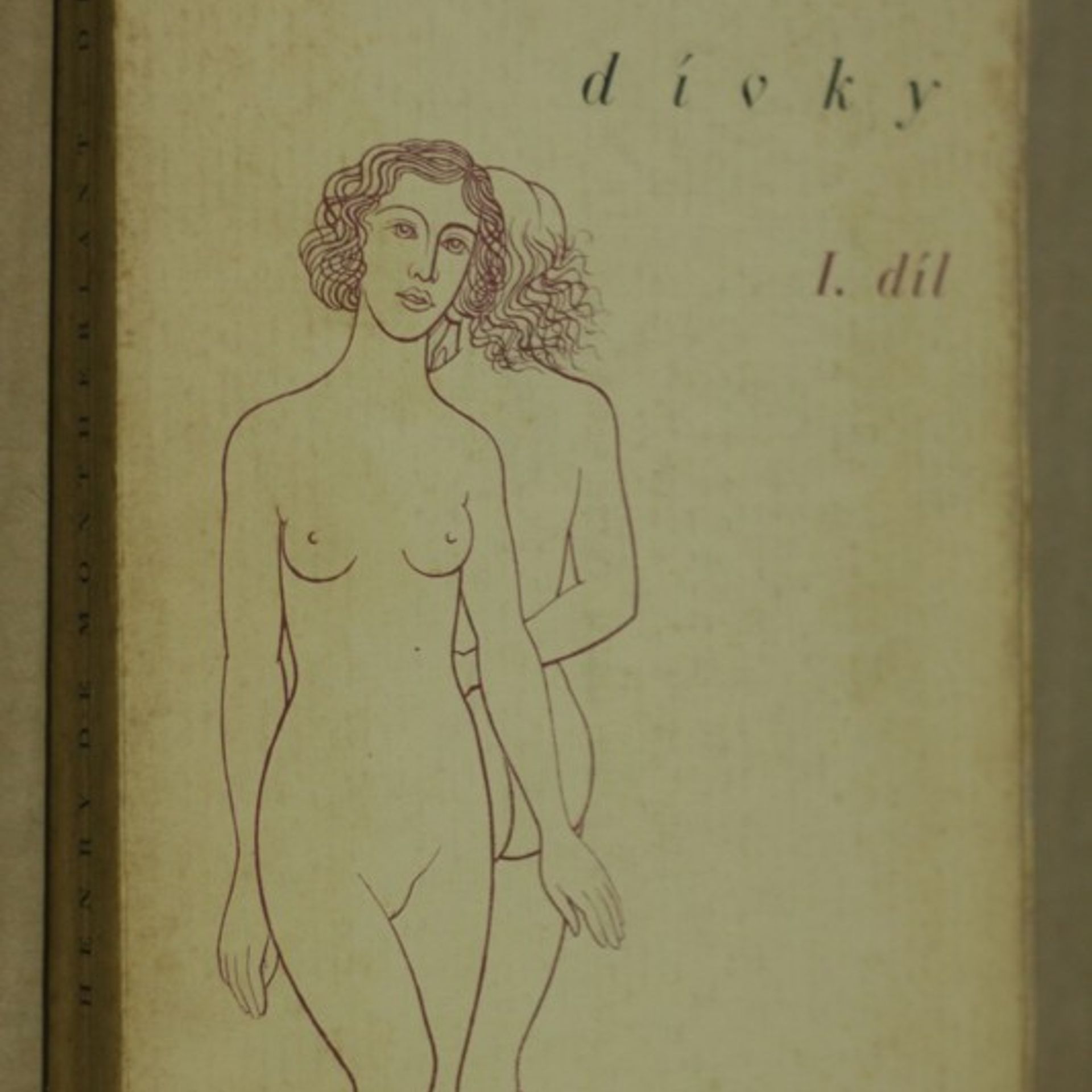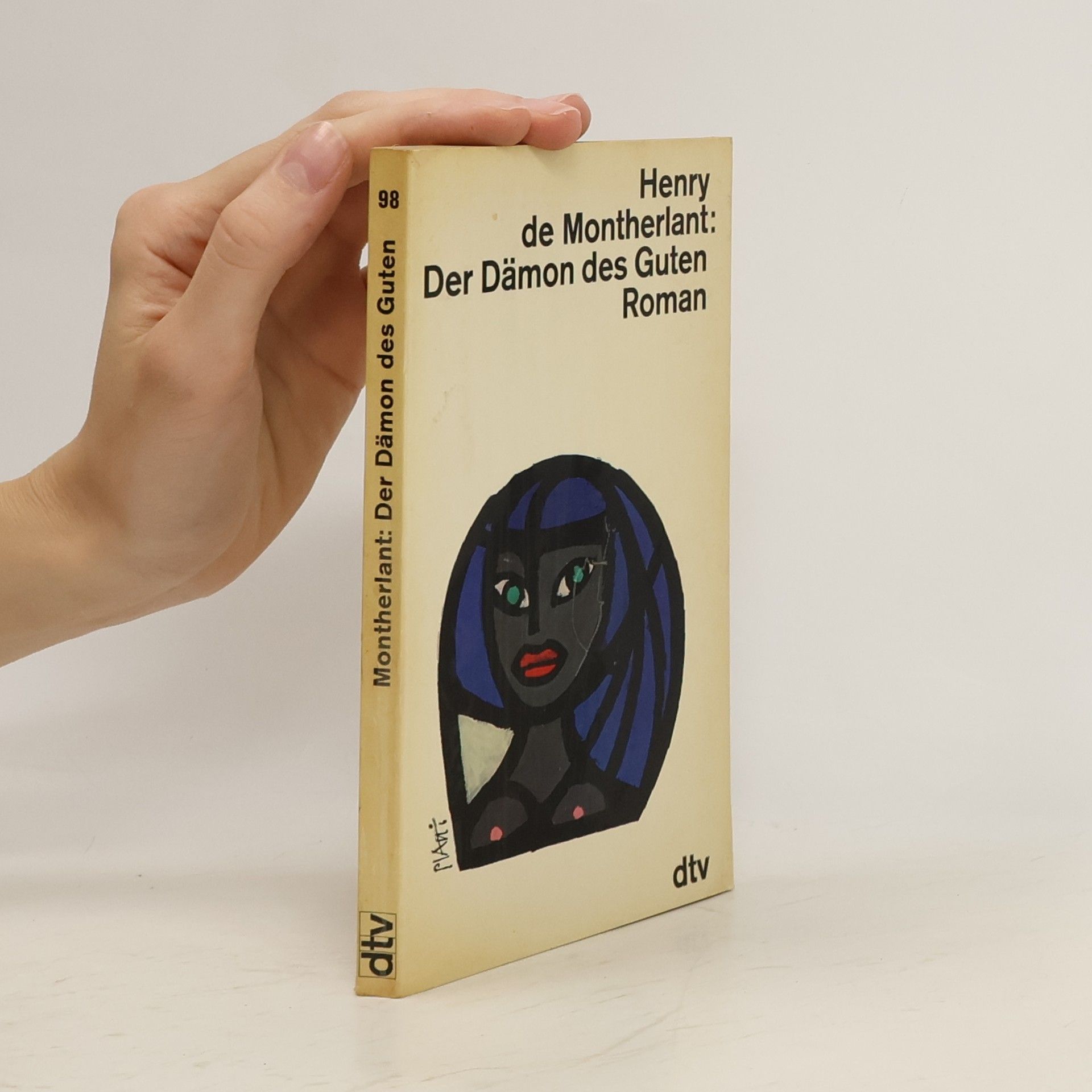Historický román z počátku 20.století popisující poměry ve Francii.Osudy dvou chudých šlechticů,jejich boj s chudobou i nepřízni svého okolí. Vyšlo jako 2.vydání pro členy Evropského literárního klubu.
Henry de Montherlant Knihy
20. duben 1895 – 21. září 1972
Henry de Montherlant byl romanopisec, dramatik, esejista a básník. Byl členem Francouzské akademie a lze jej považovat za jednoho z největších spisovatelů 20. století, na stejné úrovni jako Prousta či Célinea. Jeho díla zkoumají témata cti, dětství, přátelství a mužnosti s pronikavým pozorováním lidské povahy.


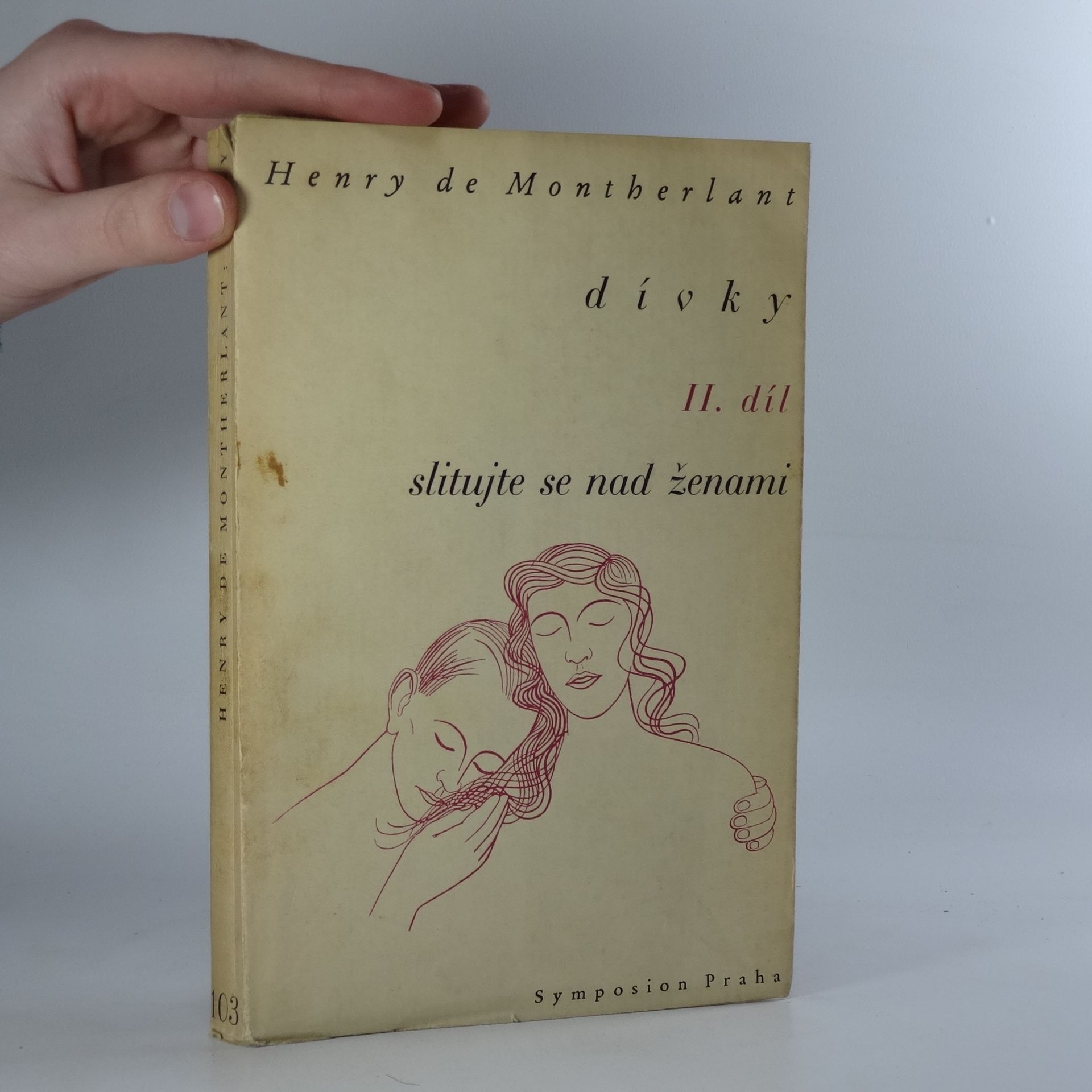

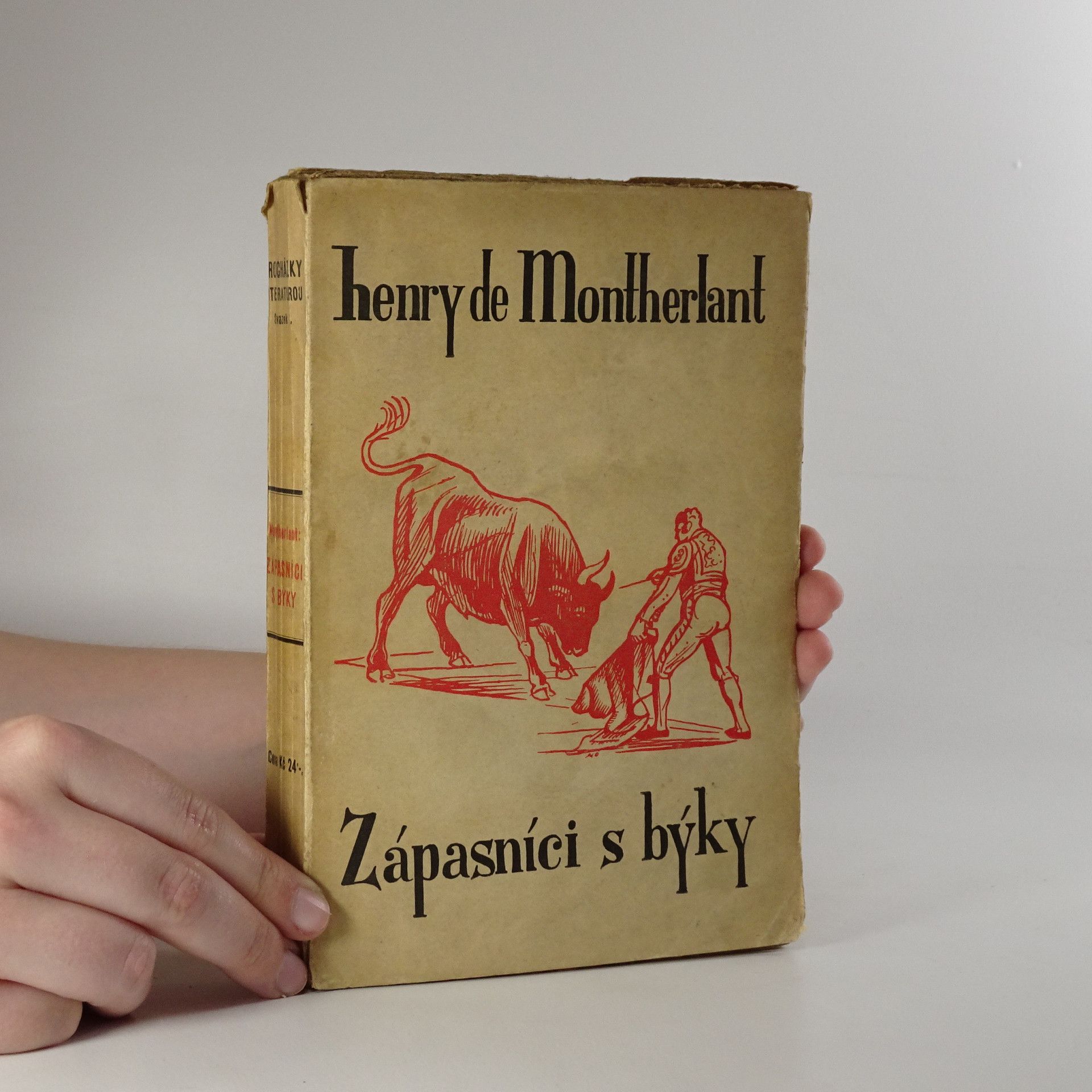
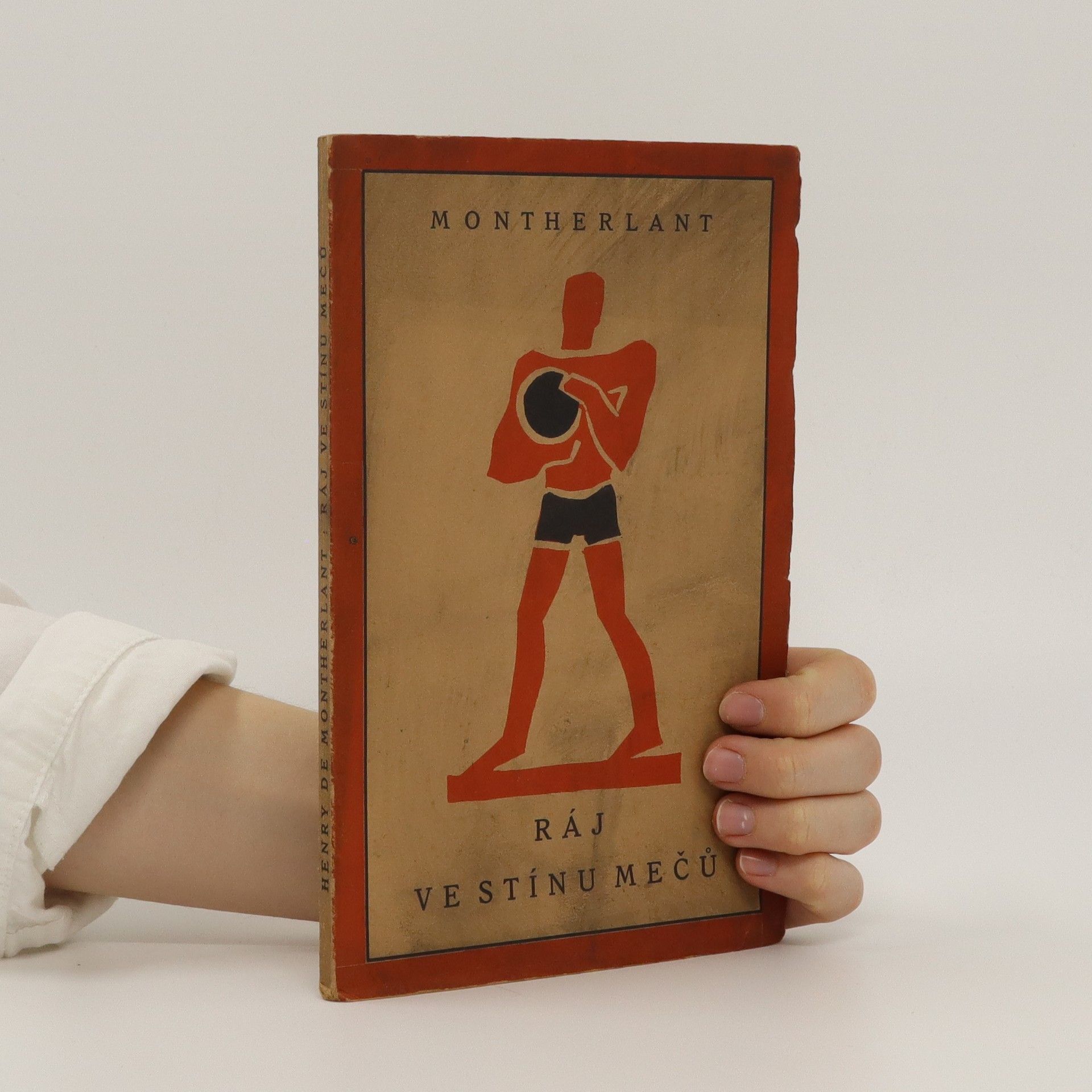
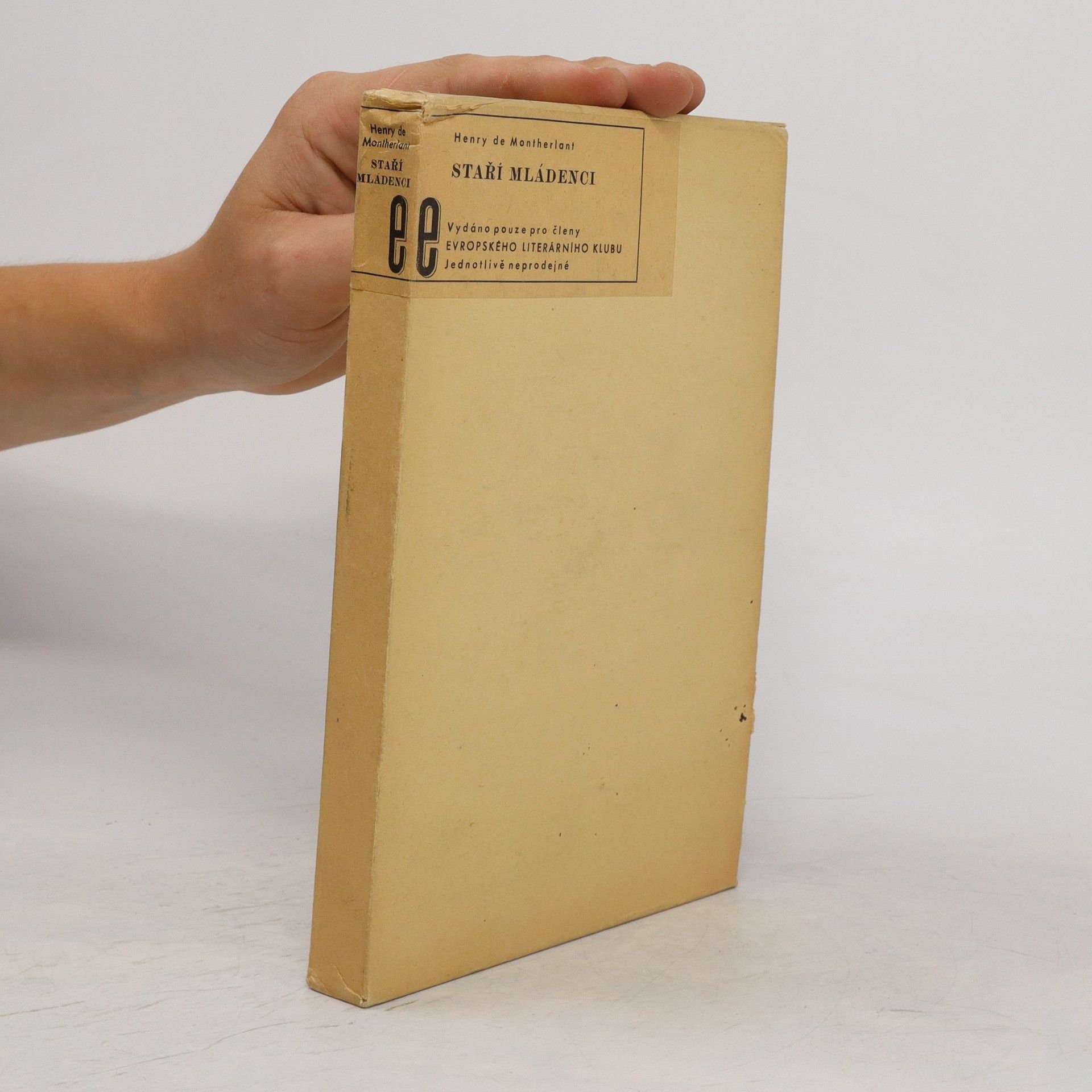
Historický román z počátku 20.století popisující poměry ve Francii.Osudy dvou chudých šlechticů,jejich boj s chudobou i nepřízni svého okolí. Vyšlo jako 2.vydání pro členy Evropského literárního klubu.

